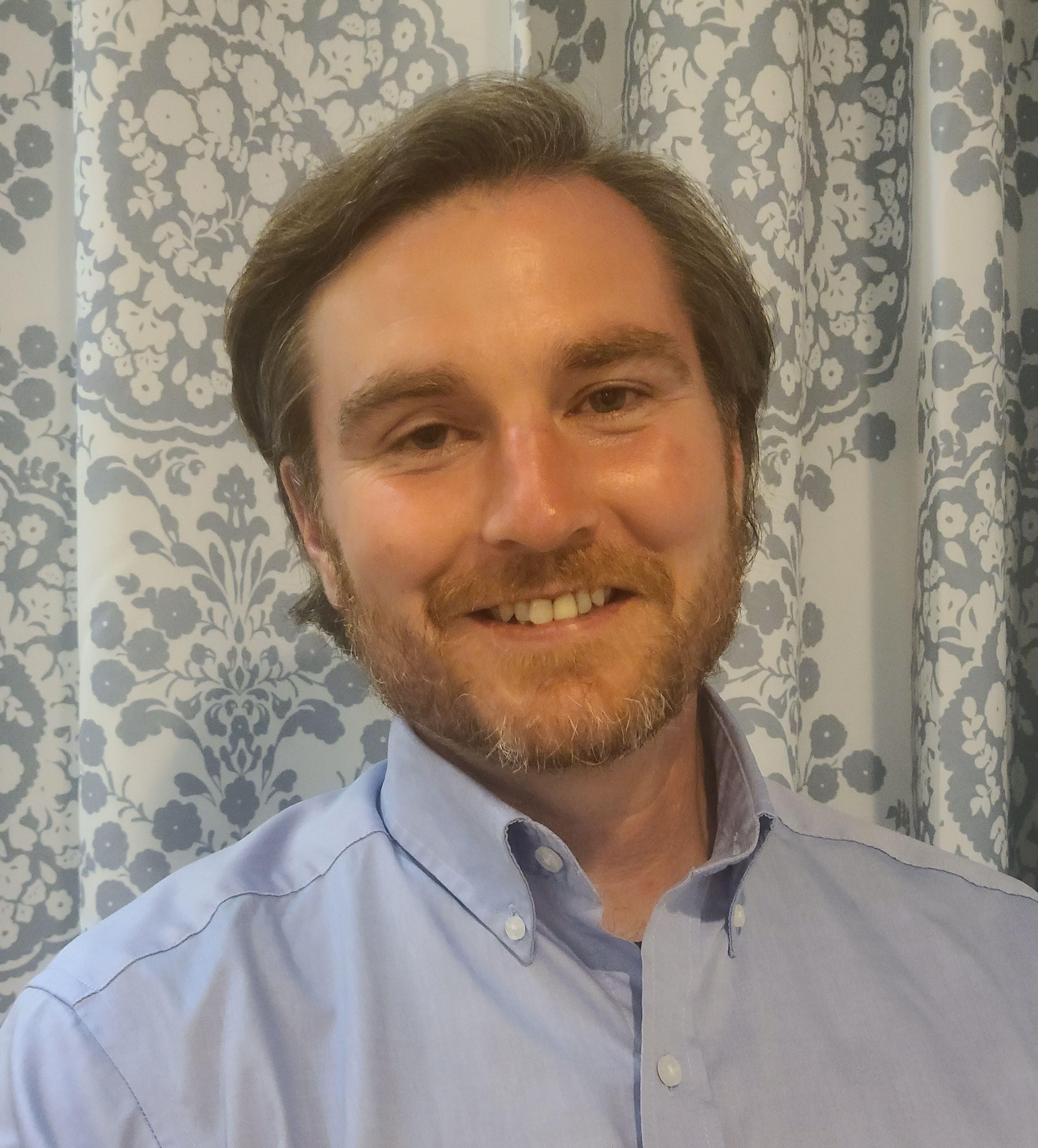MSW/MPH alum manages New Orleans' behavioral health programs
As the Manager of Behavioral Health Programs at the New Orleans City Hall, Master of Social Work and Master of Public Health dual-degree alumnus Travers Kurr, LCSW, MPH, coordinates and administers behavioral health partner programs, provides Narcan to constituents, and oversees initiatives such as the city’s mobile crisis team. The department also spearheaded the Law Enforcement Assisted Diversion (LEAD) program, which redirects individuals who have committed minor crimes as a result of mental health issues from the jail system into intensive case management.
The Behavioral Health Programs, which are part of the New Orleans Health Department, offer New Orleanians a variety of services, such as harm reduction, bystander response training, and assisted outpatient treatment. The work, which Kurr calls “social work further upstream,” includes identifying and partnering with community organizations doing day-to-day work to fill gaps in the social safety net.
Much of the department’s work integrates principles of public health and social work, centering topics like social determinants of health, social and environmental stressors, and barriers to access to care.
Working with vulnerable people one-on-one while at TSSW was an important eye-opener for why systems need to change.
Travers Kurr
“I’m not sure that I would be nearly as good in my public health job without having direct social work service experience,” Kurr said. “Working with vulnerable people one-on-one while at TSSW was an important eye-opener for why systems need to change. Social work skills and seeing systems from eye level are crucial for systems change.”
One big piece of creating change in Kurr’s role is collecting and analyzing data. The information his office receives from hospitals and schools allows City Hall to make decisions about what programs are or are not working and what services citizens need most.
“At the end of the day, we all need to explain the work that we’re doing,” said Kurr. “Social work is hard to explain. Even direct-service work is difficult to explain – there are a lot of people who don’t fully understand what social workers encounter regularly. Data can do a terrific job of explaining the work that’s getting done and its importance on a larger scale.”
Kurr’s office recently launched an overdose fatality review panel with the District Attorney’s office. Borne from the Spring 2024 Coroner’s Report, which revealed that accidental overdose deaths were more than double the murder deaths in New Orleans – the panel uses demographic data to determine what populations are most vulnerable to overdose deaths and how to reduce that risk.
“We need to make informed decisions if we want to impact systematic change. Where do systems need to change? What are the pain points for the people in our community?” asked Kurr. “Once we have those answers, we can implement new programs and advocate for policy change to improve the mental health and substance use care across New Orleans.”

